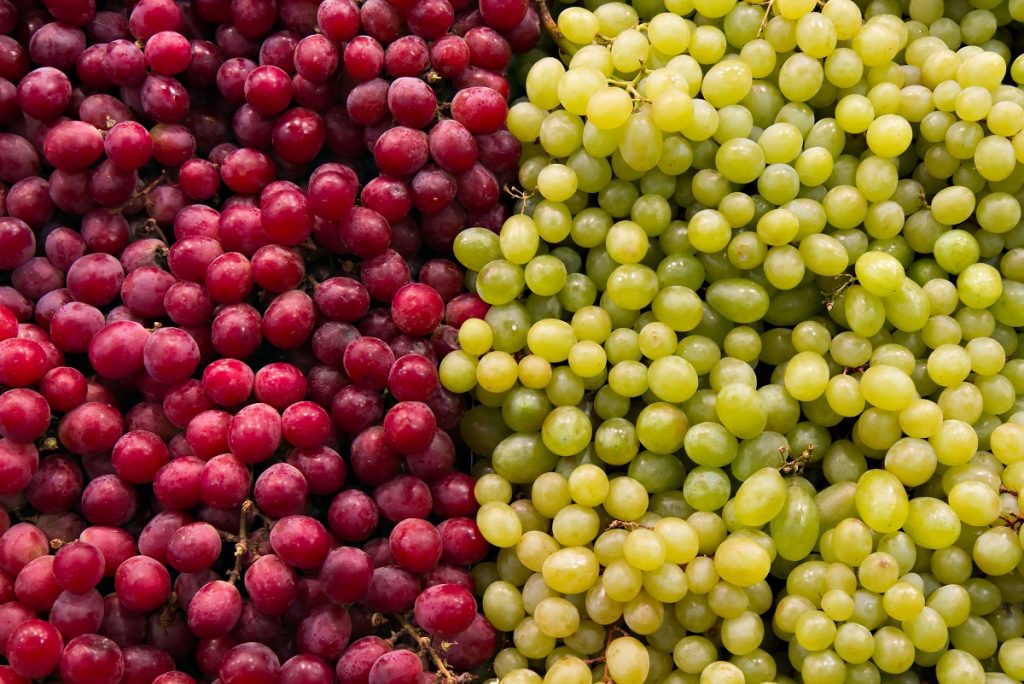
FreshFruitPortal.com spoke with the general manager of Provid, Alejandro Cabrera, who says that, just like other crops, table grapes have been affected by weather conditions.

The loss of 25 million boxes was felt by international importers, especially by some Asian clients experiencing lower volume and difficulty guaranteeing the quality of the fruit arriving at port. However, there are exceptions.

Fruit World’s grape program features different varieties and runs from late July through October.

After a high-priced early Jalisco deal, Mexico’s traditional Sonoran production was delayed and otherwise set back by unseasonably chilly temperatures.

Sun World launched the all-new Ruby Rush brand red seedless grapes, an ideal replacement for traditional early-season red seedless grapes like Flame Seedless and other red varieties throughout the season.

Table grape export volumes increased by 20,000 tons to more than 130,000 tons – worth more than $570 million – lower than the industry’s pre-Covid peak, but an improvement on the past two seasons.

Favorable growing conditions in China and Turkey more than offset losses in Chile and India, with global volumes estimated to rise to 27.3 million.

Dirk Winkelmann, President of Vanguard Direct, reflects on upcoming opportunities for black table grape varieties.

FreshFruitPortal.com spoke with two experts on the international fresh grape industry regarding the recent dynamic changes in the sector.

With an almost 40% increase year-on-year, the Sweet Globe variety surpassed the market staple Red Globe by over 2 million boxes.